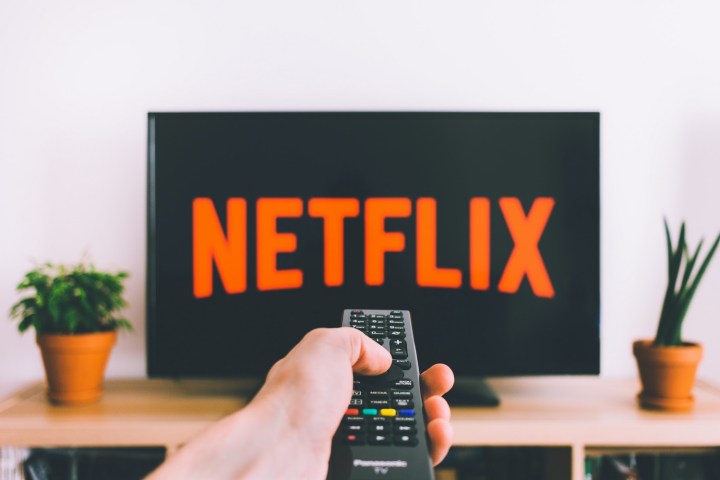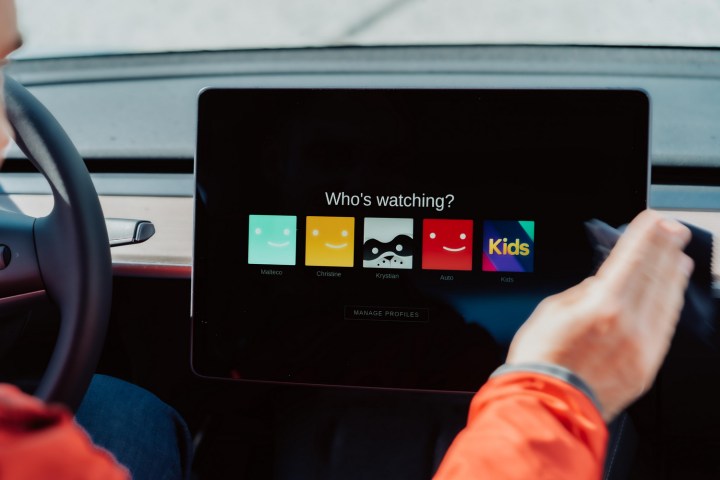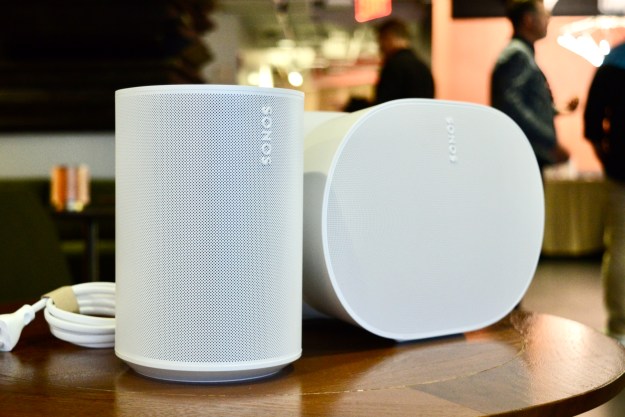“We love people sharing Netflix, whether they’re two people on a couch or 10 people on a couch. That’s a positive thing, not a negative thing.” These were the words of Netflix CEO Reed Hastings at the CES show in Las Vegas. That was in 2016. Six years later, Netflix is announcing plans to end password sharing.
Last year, Netflix started testing a prompt system that would ask users to verify their phone number or email, in order to make sure that they live in the same household as the person paying for the subscription. The test was not particularly well-received.
When asked about it, COO Gregory Peters noted that the company wants to make sure that people who are accessing a Netflix account are authorized to do so. Hastings, on the other hand, claimed that Netflix “would never roll something out that feels like turning the screws” on account sharing.
Evolving needs of a platform

The situation around password-sharing has been tricky for Netflix and has continued to evolve over the years. Half a decade ago, Netflix wanted to add every new viewer that it could find to its platform. And now that it dominates the streaming industry and faces stiff competition from deep-pocket rivals such as Amazon and Apple, it again needs every subscriber it can find to fund its big-budget shows and star-studded films in order to stand out.
The only difference is that Netflix was chasing raw engagement back then. Now, it is going after subscriber count — subscribers who pay for consuming its vast library of content. But somewhere in the middle of those plans, sits the mooch. Going by Netflix’s definition, a mooch is someone who doesn’t live in the same household, but still has access to an account’s log-in credentials.
It can be anyone from a friend or an ex to a friend’s friend that doesn’t really care who is leaching off on their Netflix subscription. Netflix wants the mooch to pay for its content. And as funny as that sounds, it comes at a serious cost. As per analyst estimates, Netflix alone is losing about $6 billion each year in revenue due to account sharing.
Necessity and risks

But it’s not a one-way road. In a world where content is scattered across a bunch of streaming services, subscribing to all of them comes as a serious hit to a single person’s wallet. Sharing a Netflix account with another person who only has a Hulu or Prime Video subscription makes things easier for both parties.
Plus, the price hikes for Netflix plans — and rival platforms, too — have further bolstered the incentive for account sharing. Netflix’s terms of services prohibit account sharing “beyond households,” but there isn’t a systematic punitive action to be enforced. On the legal side, password sharing was classified as a federal crime in a court ruling back in 2016. Tennessee even passed a law against password sharing in 2011.
And then are the cybersecurity risks that come hand in hand with password sharing. People tend to re-use the same password for different streaming services, and this opens the doors for a rising threat commonly known as credential stuffing. Disney+ is the best example, which had thousands of accounts pop up for sale on the dark web soon after the service went live.
Password sharing is not an alien concept

Password sharing is something Netflix subscribers are all too familiar with. Per a SurveyMonkey Audience poll that was shared with CNET in 2019, 70% of the participants expressed willingness to share Netflix passwords with their partner, while 16% were already engaged in the practice.
S&P Global’s survey suggests that the percentage of Netflix users sharing a password has hovered around 10% for the past three years. A study by The Manifest found that nearly 37% of users share their streaming passwords with people they don’t live with.
In 2018, media research firm Magid told CNBC that 35% of millennials share passwords for streaming services. A Comparitech survey from 2021 found that nearly 45% of Netflix users share their passwords, with millennials constituting the highest share of that figure.
The plans ahead

Netflix is running a test that will allow users to add up to two sub-accounts for people they don’t share a household with, but allow access to the main account. The sub-account will have its own profile, recommendations, and login credentials. The incentive for creating a sub-account is that it will only cost $3 to do so in Costa Rica, one of the test markets alongside Peru and Chile.
The other option is to transfer the profile of a freeloader to an entirely new account, with all the associated data such as My List, recommendations, and viewing history in tow. This facility will be available for Netflix’s Basic, Standard, and Premium subscription tiers. Why is Netflix doing this? To fund content production and make up for the lost revenue.
Netflix’s Director of Product Innovation, Chengyi Long, notes that password sharing is impacting the platform’s ability to “invest in great new TV and films” for its audience. Netflix is going to do the soak test in the three aforementioned countries and based on how it is received, plans for international expansion will follow.
Netflix is calling it all a test, but it is quite likely that the long-anticipated curb on password sharing will finally get real in 2022. And chances are that a majority of Netflix subscribers won’t bat much of an eyelid. Netflix has been jacking up subscription costs over the years, but a steady influx of top-tier content — especially originals targeted at growing markets in Asia — has ensured that subscriber exodus is not much of a concern at the moment.
Compared to rivals, a Netflix subscription has become more of a digital entertainment necessity for cutting the cord than just another subscription relegated to the barely-used bin. And that puts Netflix in an even stronger position to finally tighten the screws on account sharing. But instead of kicking moochers away, Netflix is actually baiting them with a lower subscription fee to stay hooked as a sub-account. Sounds like a win-win strategy for everyone.
Editors' Recommendations
- Netflix is streaming the craziest action movie of 2024. Here’s why I loved it
- Don’t bother sending back those final Netflix DVD rentals
- Netflix squeeze on password sharing boosts sign-ups, data suggests
- The Great Netflix Password Crackdown is still happening
- Netflix’s Love is Blind special didn’t go at all as planned



